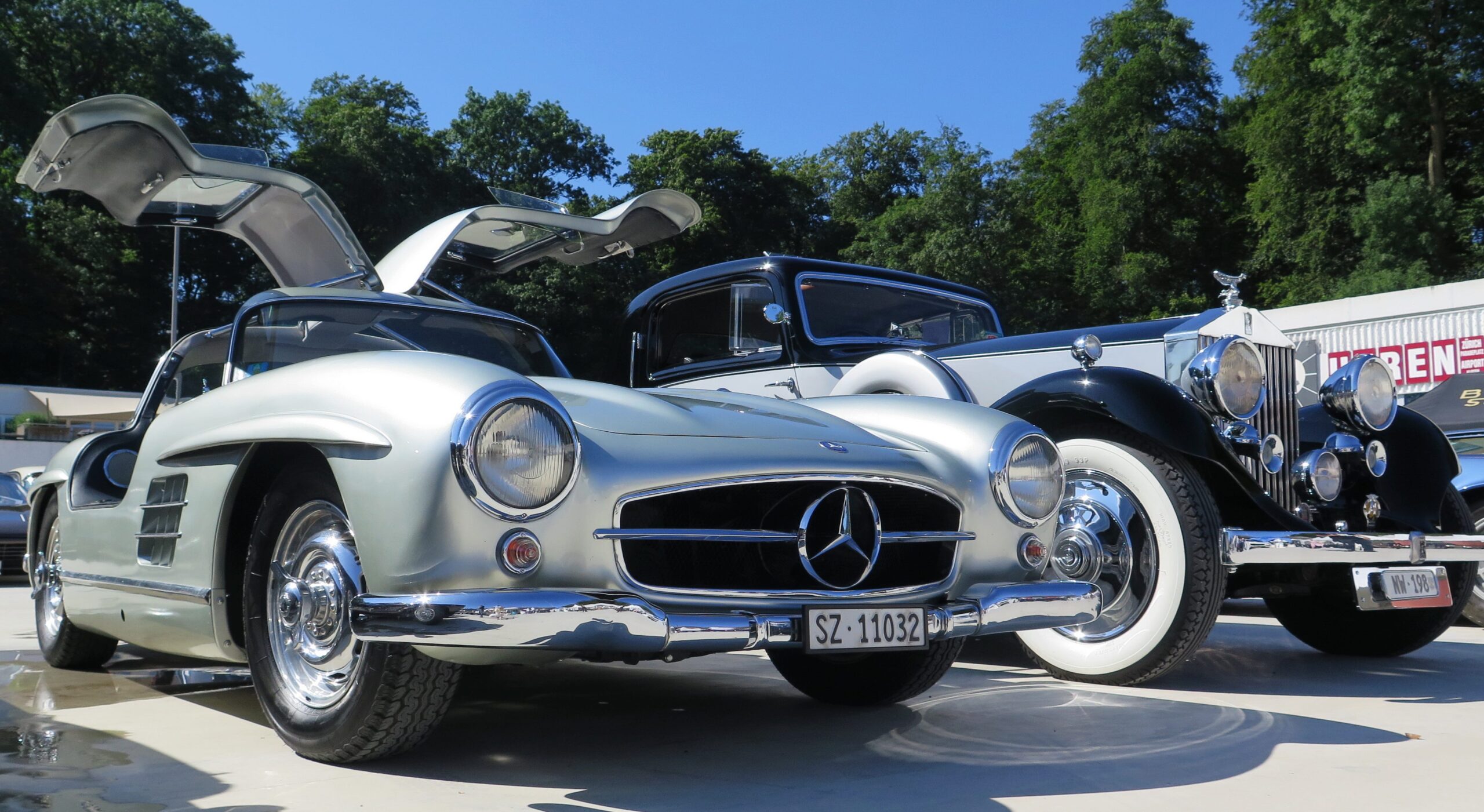A Discussion of Bourgeois Equality Chapter 43 “Ideas Made for a Bourgeois Revaluation” Dr. McCloskey is continuing her exploration for the factors that caused the Great Enrichment to occur when and where it did, nineteenth century England. She has been focusing on many economic and cultural factors so far, but…
Tag: Self-interest

The Relative Tolerance of Holland
A Discussion of Bourgeois Equality Chapter 37 “For Instance, Holland Was Tolerant, and Not for Prudence Only” In this chapter, Dr. McCloskey is wrapping up her discussion of the Dutch embrace of the bourgeois virtues by focusing on what impact it had on their relatively higher level of tolerance. To get…

Bourgeois Revaluation Raises, if not Praises, the Merchants
A Discussion of Bourgeois Equality Chapter 28 “The Bourgeois Revaluation Becomes a Commonplace, as in the London Merchant” Dr. McCloskey continues to build her argument that a respect for the bourgeoisie is building in 1700s England, which will allow the Great Enrichment to flourish a century later. She calls this change in…

Adam Smith Wanted You Free to Make Your Own Decisions
A Discussion of Bourgeois Equality Chapter 22 “And He Formulated the Bourgeois Deal” In this fourth and final chapter exploring Adam Smith’s impact, Dr. McCloskey explores his intellectual contribution toward a cultural shift to a favorable view of the rising bourgeois class. In the past three chapters, she has been…

But Adam Smith’s Dismissal of the Transcendent Ultimately Led to the Sociopath Max U
A Discussion of Bourgeois Equality Chapter 21 “That is, He was No Reductionist, Economistic or Otherwise” Dr. McCloskey opens this third chapter on Adam Smith, noting that he did not reduce ethics to just one virtue the way the Enlightenment ultimately did, …narrowing an ethical system down to, for example,…

Adam Smith is not Responsible for Sociopath Max U
A Discussion of Bourgeois Equality Chapter 20 “Smith was not a Max U, but Rather the Last of the Former Virtue Ethicists” Now I, an economist, need to write about ethics. The fact that is a challenge is in part, Dr. McCloskey’s critique of us economists. In the last chapter,…

Was Adam Smith Really So Pecuniary?
In this part of the book, Dr. McCloskey is continuing to demonstrate a positive shift in attitude towards the bourgeois, esteeming the virtues that will make the coming age of commerce possible. She is now going to write four (4!) chapters about Adam Smith so get ready for a deep…

When Earning Money Became a Virtue
A Discussion of Bourgeois Equality Chapter 18 “No Woman but a Blockhead Wrote for Anything but Money” In this chapter, Dr. McCloskey is continuing with the idea initiated the last chapter: Jane Austen illustrates the bourgeois ideals in her writing, though she herself was not bourgeois. Austen is gentry, not…

Capitalism — I Do Not Think It Means What You Think It Means
A Discussion of Bourgeois Equality Chapter 11 “Poverty Cannot Be Overcome from the Left by Overthrowing ‘Capitalism’” I will admit, I struggled with this chapter, not because I think she is wrong but because there is a lot of nuance to the matter. Her basic argument is the word, “capitalism,”…

Are You a Malthusian?
A Discussion of Bourgeois Equality Chapter 2 “For Malthusian and Other Reasons, Very Poor” We established in the previous chapter that historically, people lived on a subsistence level averaging $3 a day for most of human history. Now McCloskey wants to explore why and is starting with an argument that is…

